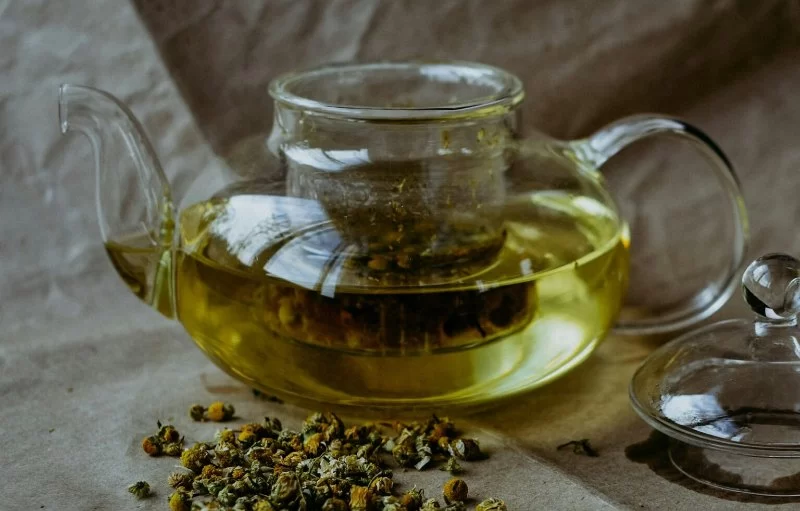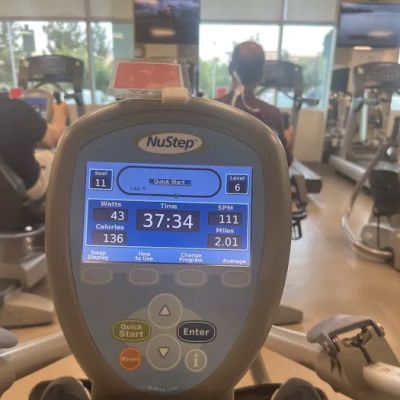The Best Teas for Lowering Blood Pressure: Natural Remedies to Try
Maintaining healthy blood pressure is vital for overall well-being, and while medications can help, natural remedies like herbal teas are becoming increasingly popular. If you're looking to naturally lower your blood pressure, certain types of tea can provide significant benefits. In this article, we'll explore the best teas for lowering blood pressure, how they work, and how to incorporate them into your daily routine.

1. Why Herbal Teas Can Help Lower Blood Pressure
Herbal teas have been used for centuries as natural remedies for a variety of ailments, and research has shown that some herbal teas may help in managing high blood pressure. These teas contain compounds that relax the blood vessels, reduce inflammation, and promote healthy circulation. Consuming these teas regularly, along with a balanced diet and active lifestyle, can be an effective way to support heart health and lower blood pressure naturally.
Orange County Heart and Vascular
best cardiologist in orange county
1101 Bryan Ave STE E, Tustin, CA 92780, USA

2. The Top Teas for Lowering Blood Pressure
Not all teas are created equal when it comes to blood pressure management. Here are some of the best teas to help lower blood pressure:
2.1 Hibiscus Tea
Hibiscus tea is made from the vibrant petals of the hibiscus flower and is known for its deep red color and tart flavor. Studies have shown that hibiscus tea can significantly lower blood pressure, particularly in people with mild to moderate hypertension. It works by acting as a natural diuretic and helping the blood vessels relax. Hibiscus tea is rich in antioxidants, which also contribute to improved cardiovascular health.
How to enjoy: Steep dried hibiscus petals in hot water for 5–10 minutes. You can also make iced hibiscus tea for a refreshing drink during hot weather.
2.2 Green Tea
Green tea is another popular beverage with numerous health benefits, including its potential to lower blood pressure. It contains polyphenols, particularly catechins, which are known to relax blood vessels and improve blood flow. Drinking green tea regularly may help reduce both systolic and diastolic blood pressure levels, making it a heart-healthy option for anyone looking to manage their blood pressure.
How to enjoy: Steep green tea leaves in water that is not too hot (around 160–180°F or 70–80°C) for about 2–3 minutes to preserve its delicate flavor.
2.3 Cinnamon Tea
Cinnamon is not only a flavorful spice but also a potent herb for supporting healthy blood pressure levels. Cinnamon tea can help relax the blood vessels, improve circulation, and reduce the inflammation that contributes to high blood pressure. Some studies suggest that even a small amount of cinnamon can help lower blood pressure in those with prehypertension or mild hypertension.
How to enjoy: Steep a cinnamon stick in hot water for 5–10 minutes. For added flavor, you can mix in a little honey or lemon.
2.4 Chamomile Tea
Chamomile tea is well-known for its calming effects, making it an excellent choice for reducing stress, which is a major contributor to high blood pressure. The soothing properties of chamomile can help relax the body and mind, potentially lowering blood pressure levels over time. Chamomile also has mild blood-thinning properties, which can contribute to improved circulation.
How to enjoy: Steep chamomile flowers in hot water for 5 minutes. If you're looking for a calming nighttime ritual, chamomile tea before bed can help you wind down and sleep better.
2.5 Lemon Balm Tea
Lemon balm is a member of the mint family, and its mild, citrusy aroma makes it a pleasant herbal tea. It is known to have a calming effect on the nervous system, which can help reduce anxiety and stress. Since stress is often a key factor in high blood pressure, drinking lemon balm tea regularly can help promote relaxation and support healthy blood pressure levels.
How to enjoy: Steep fresh or dried lemon balm leaves in hot water for about 5 minutes. You can add honey or a splash of lemon juice for extra flavor.
2.6 Lavender Tea
Lavender is not just a beautiful flower with a calming fragrance; it also has medicinal properties that can help manage blood pressure. Lavender tea has been shown to reduce stress and anxiety, which in turn helps lower blood pressure. It has natural sedative properties that can promote relaxation and calm the body, helping reduce the risk of hypertension.
How to enjoy: Steep lavender flowers in hot water for about 5 minutes. For a relaxing evening, enjoy a cup of lavender tea before bed to unwind and ease stress.
3. Tips for Incorporating These Teas into Your Routine
To experience the full benefits of these teas, it’s essential to make them a regular part of your diet. Here are some tips on how to incorporate these teas into your daily routine:
- Drink a cup in the morning: Start your day with a soothing cup of green tea or chamomile tea to help reduce stress and get your body in a calm, relaxed state.
- Enjoy a cup after meals: Drinking a cup of cinnamon or hibiscus tea after meals may aid digestion and contribute to better blood circulation.
- Make it a habit: Consistency is key when it comes to natural remedies. Try to drink one to two cups of tea each day to reap the long-term benefits for your blood pressure.
- Stay hydrated: In addition to herbal teas, remember to drink plenty of water throughout the day. Proper hydration plays a vital role in maintaining healthy blood pressure.
4. Real-Life Example: How Tea Helped Manage High Blood Pressure
Many people have successfully incorporated herbal teas into their routines to manage blood pressure. Take, for example, Sarah, a 45-year-old woman who had been struggling with elevated blood pressure for years. After consulting her doctor and making lifestyle changes, she started drinking hibiscus tea every morning and green tea in the afternoon. Within a few months, Sarah noticed a significant reduction in her blood pressure, and she felt more energized and relaxed overall.
Sarah’s story isn’t unique—many individuals have found that making simple changes, such as drinking these beneficial teas regularly, has had a profound impact on their health.
5. Conclusion: Taking Control of Your Health with Herbal Teas
If you’re looking for a natural way to support your heart health and lower your blood pressure, herbal teas are an excellent option. Whether you’re enjoying a cup of calming chamomile tea or refreshing hibiscus tea, these beverages offer a range of health benefits that can complement a heart-healthy lifestyle. Pair these teas with regular exercise, a balanced diet, and regular check-ups to give yourself the best chance at maintaining healthy blood pressure levels.
To find the best products for managing your health, including teas and other natural remedies, be sure to visit HeartCare Hub for expert recommendations and top-quality products.






















New England Heart and Vascular Institute - McGregor St
best hospital in nh for heart
left entrance, 100 McGregor St Level B, Manchester, NH 03102, USA